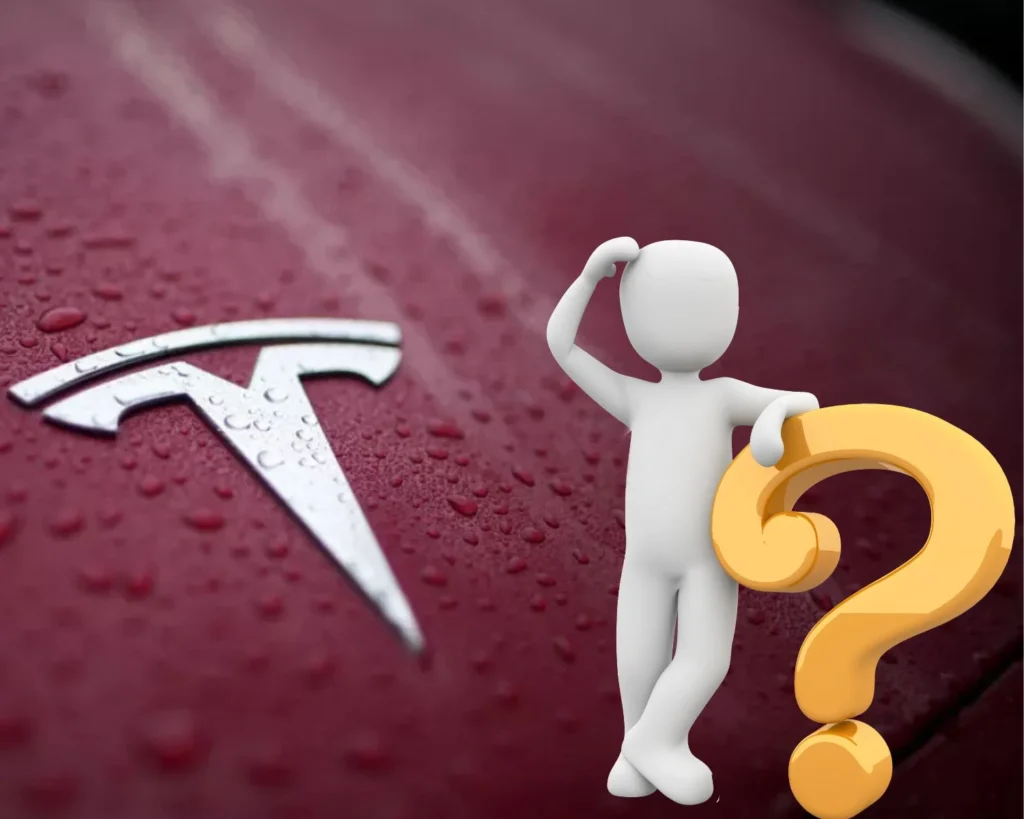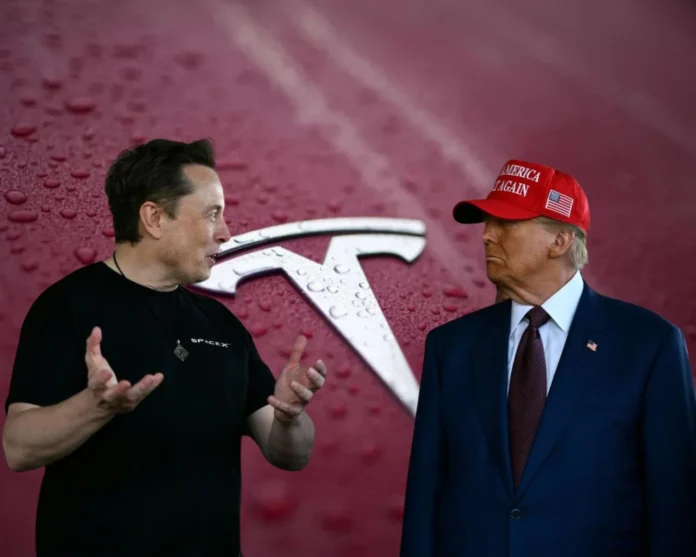Introduction
Influence of Elon Musk Over Government has the potential to drastically change Tesla’s trajectory. The company has long been under federal scrutiny, with multiple agencies investigating its self-driving technology, financial disclosures, and labor practices. However, with Musk’s growing political leverage and close ties with Donald Trump, many of these regulatory challenges could disappear.
This potential shift in oversight raises concerns among safety advocates, victims, and legal experts who warn of dire consequences if investigations are halted. As Tesla continues to push the boundaries of innovation, the question arises: Will reduced government oversight fuel unprecedented growth, or compromise safety and accountability? Below, we explore the key regulatory changes that could shape Tesla’s future under the Trump-Musk alliance.
Federal Investigations May Be Dropped
Tesla is currently under investigation by multiple agencies, including:
- National Highway Traffic Safety Administration (NHTSA) – Probing Tesla’s Autopilot system after several crash incidents.
- U.S. Department of Justice (DOJ) – Examining whether Tesla exaggerated its self-driving capabilities.
- Securities and Exchange Commission (SEC) – Investigating Tesla’s financial disclosures and Musk’s influence over stock prices.
- National Labor Relations Board (NLRB) – Reviewing Tesla’s labor law violations and treatment of employees.
Musk’s increasing political connections and the Trump administration’s push for deregulation and industry-friendly policies may result in these probes being dropped or significantly weakened, potentially reducing corporate accountability. Critics argue that the lack of regulatory oversight could lead to more aggressive corporate behavior, while supporters claim it would allow Tesla to innovate without bureaucratic interference.
Additionally, Tesla’s growing business empire extends beyond automobiles. Companies like SpaceX and X (formerly Twitter) are also under federal scrutiny, making it likely that Musk’s influence will shape regulations across multiple industries, not just the automotive sector.
NHTSA’s Oversight Could Be Reduced
The NHTSA plays a crucial role in ensuring vehicle safety, setting safety standards, and enforcing recalls. However, Trump’s administration could limit NHTSA’s authority by:
- Cutting funding for safety investigations, limiting the agency’s ability to pursue cases.
- Eliminating mandates for crash data reporting, making it harder to track safety risks.
- Reducing recalls and penalties for safety violations, potentially allowing unsafe vehicles to remain on the road.
Missy Cummings, a former senior safety adviser at NHTSA, warns: “I’ve lost count of the number of investigations into Tesla. They will all be gone.” Without NHTSA’s regulatory power, consumer safety groups worry that Tesla could accelerate self-driving development without sufficient testing, putting drivers, passengers, and pedestrians at greater risk.
Safety Recalls Could Decline
NHTSA-led investigations have resulted in critical recalls of Tesla vehicles due to safety defects in the Autopilot system. One high-profile case involved Naibel Benavides Leon, a 22-year-old woman killed in a Tesla crash. Her family credits NHTSA’s investigation for exposing flaws in the technology, leading to a mandatory recall that could prevent future tragedies.
If federal oversight weakens, recalls may decline, allowing Tesla to operate with fewer restrictions on its autonomous driving technology. The company’s rapid innovation in self-driving AI and automation is often praised, but critics argue that safety should be prioritized over speed.
Furthermore, other electric vehicle manufacturers could follow Tesla’s lead if regulatory scrutiny diminishes, leading to a broader industry trend where safety measures take a backseat to profitability and expansion.
Industry-Friendly Policies May Benefit Tesla
Under Trump’s influence, the administration may adopt business-friendly regulations that prioritize corporate growth over consumer protection. This could include:

- Loosening emissions standards, benefiting Tesla’s electric vehicle production and allowing more aggressive battery development.
- Easing restrictions on AI-driven automation in self-driving technology, potentially speeding up Tesla’s goal of achieving full autonomy.
- Fast-tracking approvals for Tesla’s expansion projects, including new Gigafactories, energy projects, and Neuralink innovations.
While these changes would undoubtedly benefit Tesla financially, they could also set a precedent for weaker regulations across the automotive industry. Other automakers may push for similar deregulation, leading to a broader rollback of consumer protection laws.
Daniel Ives, a Wall Street analyst, predicts: “Trump’s election and his close ties with Musk will lead to the defanging of regulatory agencies.” This shift could allow Tesla to dominate the electric vehicle and AI-driven automotive markets, but it may come at a cost to public safety and labor protections.
Legal Challenges from Victims May Rise
If federal oversight weakens, victims of Tesla-related accidents may struggle to seek justice. Legal experts warn that without government-backed investigations, lawsuits against Tesla could become harder to prove. Without regulatory pressure, corporations may have less incentive to settle claims or acknowledge faults in their technology.
Attorney Doug Eaton, who represents the Benavides family, stated: “Without NHTSA’s findings of product defects, we may have dropped the case.” This highlights how federal investigations play a crucial role in holding automakers accountable.
Furthermore, weakened regulations may shift the burden of proof onto victims, requiring them to gather independent evidence against a corporate giant with vast legal resources. Some experts warn that such shifts could discourage lawsuits altogether, leading to less consumer protection and fewer safety reforms.
The Future of Tesla and Government Influence
Looking beyond immediate regulatory shifts, Musk’s growing political leverage raises larger questions about corporate influence over government policies. If Tesla, SpaceX, and other Musk-led companies receive favorable treatment, it could signal a shift toward a new era of tech-driven political power.
This scenario presents both opportunities and risks:
- Potential for rapid innovation in AI, automation, and transportation.
- Increased concerns over corporate monopolization and industry dominance.
- Weaker government influence over safety and labor protections.
- A shift toward private sector control over key regulatory decisions.
As the political landscape shifts, the balance between technological progress and regulatory oversight remains a critical debate. Will Tesla’s future be one of unchecked innovation or increased accountability? Only time will tell.
Conclusion
Musk’s expanding influence over government could bring monumental changes to Tesla’s regulatory landscape. While reduced oversight may benefit Tesla’s expansion and innovation, safety advocates warn of serious risks to public safety and labor rights.
The debate over corporate influence, government regulation, and technological advancement will continue to shape Tesla’s trajectory. Whether these changes ultimately fuel progress or create long-term risks remains uncertain.
One thing is clear—Tesla’s future is deeply intertwined with political shifts, making it a company to watch as both a technological leader and a regulatory disruptor.


